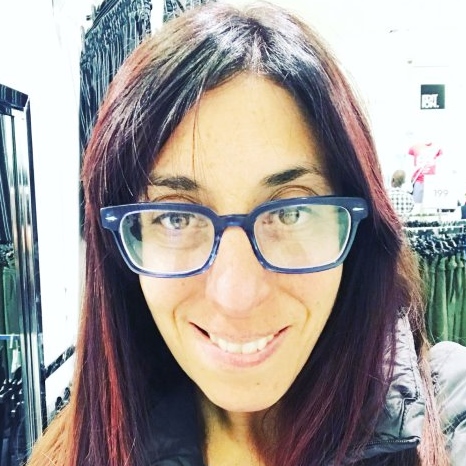
Religion

A new and subtle freedom
ADINA ROTH
While we all might have experienced these individual moments (G-d forbid serious illness, the loss of a loved one, or job loss), it feels now as if the entire world is in life shock. The ground has disappeared beneath all our feet.
Rabbi Marcelo Bronstein says we are in a time of bein hashmashot (dusk or twilight). Not quite afternoon, nor yet evening, sometimes we are summoned to bein hashmashot for longish periods, and are asked to sit with tremendous unknowns and uncertainty.
How do we navigate our beautiful holiday of Pesach at a time when our community and our world is in bein hashmashot? The Pesach celebration that is familiar to us tells the story of the exodus in a triumphal tone. “We were in Egypt, Hashem led us out with signs and wonders, we became free to serve G-d.”
Perhaps the modern Jewish experience, in which Jews generally live in democracies, where we have the state of Israel, and are able to flourish personally and as communities, has reinforced a sense of triumph in our Pesach narrative – “we were freed … and we are free”.
This year, freedom won’t be felt in this same way as each one of us grapples in an existential way with the loss of freedom. We have lost the ease of life which allowed freedom of movement and interaction. We have also lost a certain fundamental freedom of well-being, we are frightened about the health of ourselves and our loved ones, we are worried about material security. Freedom isn’t what it used to be.
When Moshe turns off the path to behold the burning bush, Hashem addresses Moshe and says, “Remove your shoes for you are on holy ground.” As Moshe stands barefoot, Hashem says, “You are to be the leader of my people, and are to deliver them from Pharaoh.”
It’s almost as if Moshe is thrown into a moment that is bein hashmashot. The life he knew is gone, and he doesn’t know what awaits. As the gravity of his mission sinks in, Moshe asks G-d a question, “Mi ani?” (Who am I?) Hashem doesn’t answer Moshe directly but instead, reassures Moshe, “Ehyeh imach” (I will be with you).
Moshe then poses another question to Hashem. He says, “When I come to the people of Israel and say their G-d has promised to deliver them, they will ask, ‘Mah shmo?’ (What is His name?)” At this point, Hashem says, “Ehyeh asher ehyeh” (I will be that which I will be).
Rashi explains that Hashem is saying to Moshe, “I will be with the people in their suffering and slavery and in every single trouble that will ever befall the people.” Rashi teaches us that Hashem’s name, Ehyeh, speaks to the qualities of empathy and compassion. Perhaps Hashem comes to model for us that at times of terror and great suffering, like Hashem, we must walk with hearts of kindness.
As Moshe stands in his bein hashmashot moment, we might learn from the two questions that he poses to Hashem. “Mi ani?”, (Who am I?) invites us to reflect on who we are as human beings, who we are as friends, as parents, as children, as members of the community, even who we are in relation to our domestic chores!
Who we are will influence how we manage this situation. We will each be grappling with this intimate and close confrontation with ourselves. Our greatest fears and insecurities will emerge, not for critique and flagellation, but for compassion and healing.
If we can work with this question, “Who am I?” with sincerity, we have the potential to move towards a more subtle freedom, the spaciousness of awareness in our being, even as we grapple with this life-changing moment in our world.
Moshe’s second question is just as important, “What is His name?” This question also confronts us at this time. What is the name of the other who confronts me, how do I come to know and relate to this otherness?
On one level, we ask this question about the virus itself, about the new world we are navigating, so that we can take measures to protect ourselves and our communities. But we are also invited to ponder “What is His name” about all others.
We are invited to become reacquainted with our children, our spouses. We are also asked to examine our relationship with all humans, with animals, with our planet, and with G-d. As we engage with the question of “Mah shmo?”, (Who is the other addressing us?), our relationships have the capacity to enlarge. Barriers can crumble, and we can experience the freedom to relate in different ways.
The poet Rainer Maria Rilke advised that when we don’t have clear answers, we are invited to “love the questions themselves”. This Pesach, let’s love the questions, even if we don’t yet have the answers.
In asking these questions, we might experience more subtle notions of freedom, even as our more obvious forms of freedom are curtailed. Guided by compassion, these questions may enable us to forge new kinds of relationships with ourselves and others, leading towards a healing of our beautiful and precious world.
- Adina Roth is a clinical psychologist in private practice, and a teacher of Jewish Studies. She runs an independent Barmitzvah and Batmitzvah programme in Johannesburg, and teaches Tanach to adults.




